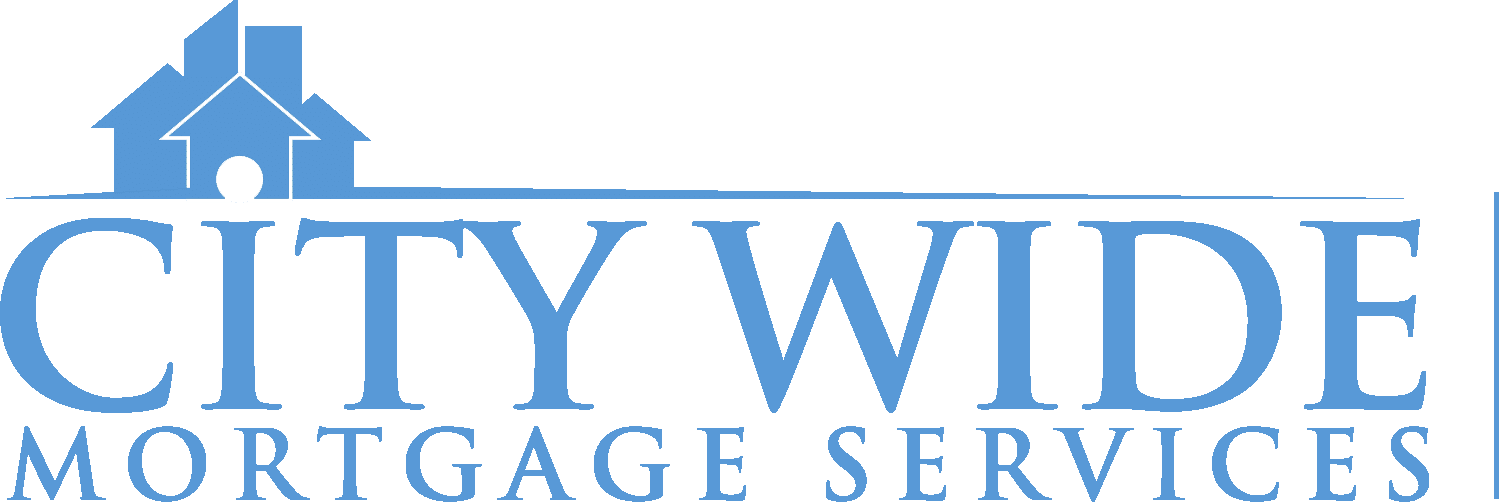Why you qualify for less going with a variable: Qualifying for fixed/variable
One of the more common questions I get asked is fixed or variable? Which is better? Well, qualifying for the 2 is not the same so the first question you should ask is, do I qualify for both fixed & variable because it is more difficult to qualify for a variable than a fixed rate.
A variable rate mortgage has more risk than a fixed rate. Because your rate & payment fluctuates, the bank wants to make sure that, when rates go up, you have enough income to cover that increase. So when you qualify for a variable, instead of basing the formula on that juicy low variable rate of 2.2%, they’re going to use the 5 year qualifying rate, which is 5.49%.
That’s quite a difference in rate. I want to give you an idea of what those numbers mean, so let’s say you earn $60,000, have no debts &, for illustrative purposes, we’re going to ignore the costs of ownership like taxes, heat, strata fees, etc.
Qualifying with today’s best 5 year fixed of 3.69%, <20%, on a 25 year, you would be eligible for a mortgage of roughly $340,000. Now, using those same numbers, going with a variable & using the qualifying rate of 5.49%, that same client is eligible for a mortgage of around $285,000 – 15% less.
So this is important to know. If you’re looking at homes in the north end of your affordability range, you may not have a choice. A 5 year fixed may be the only way you can purchase.
Now, you do get a break if you have 20% down or more. Because you have more equity in the home, most lenders allow you to qualify using the 3 year posted rate, not the 5 year, which will improve your qualification limit.
To find out how much you qualify for going with a fixed or variable, contact me.
Ryan Zupan
Mortgage Planner
604.250.6122
ryan@mortgagecentrebc.com
